Apple TV+’s ‘Disclaimer’ follows Catherine Ravenscroft, whose twenty-year-old secret is brought to light through a novel sent to her by a mysterious author. The events in the book portray Catherine as a seductress who ensnared a 20-year-old boy named Jonathan while on vacation in Rome with her 5-year-old son. It isn’t just the affair that the book focuses on but Jonathan’s tragic death, which happened right in front of Catherine, but she did nothing to stop. Not just that, she refused any connections with Jonathan, claiming that she’d never met him before.
When Jonathan’s father, Stephen, finds Catherine’s erotic pictures taken by Jonathan, he is enraged and decides to destroy her life. Over the course of seven episodes, we see Stephen get more ruthless with his revenge as Catherine’s entire life falls apart. In the end, however, she finally comes forward to tell her truth, and it completely flips the table on the entire story. SPOILERS AHEAD
Catherine Tells the Truth About the Events in Rome
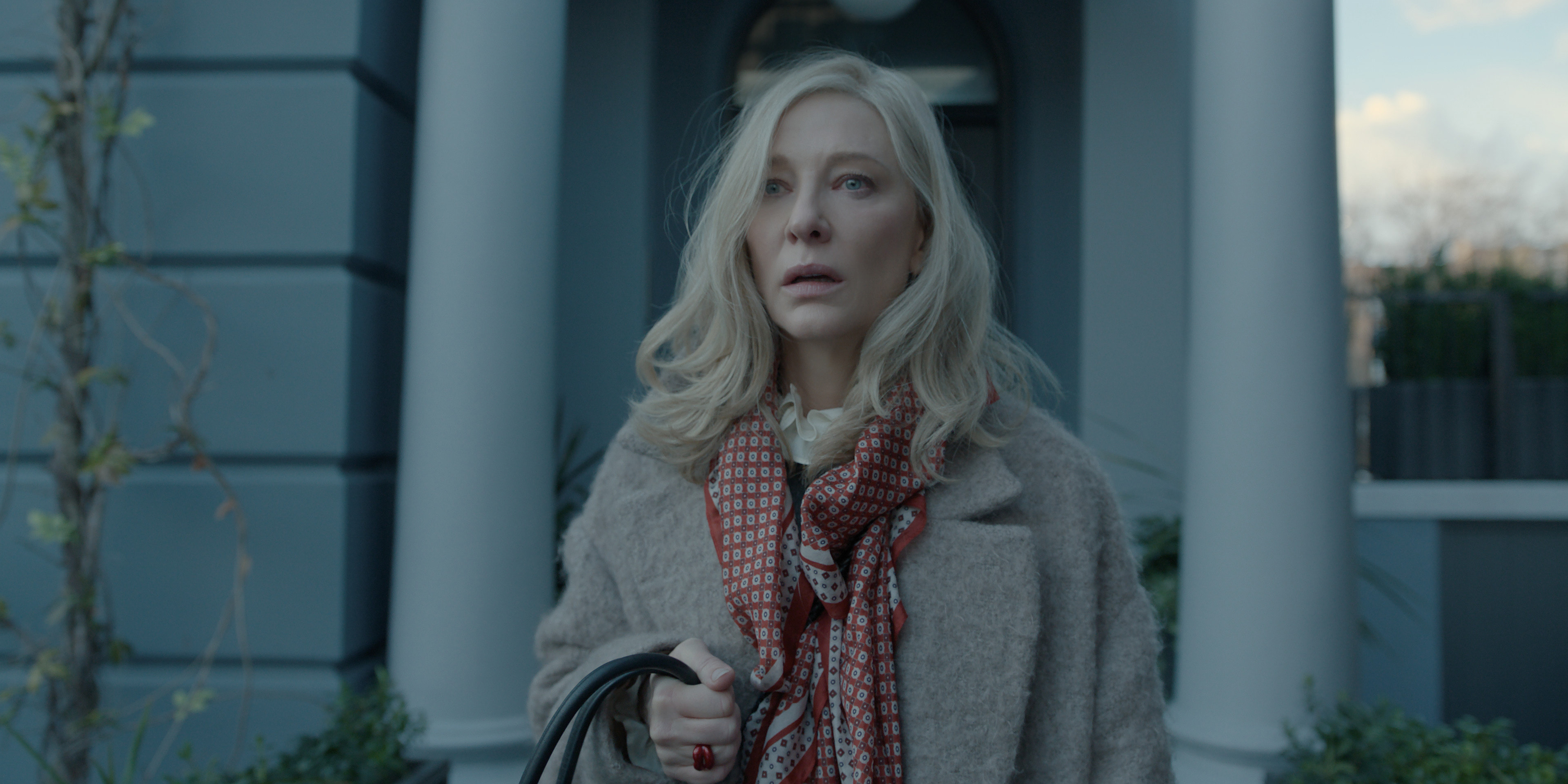
The problem with what happened in Rome was that Catherine never spoke about it. Following Jonathan’s death, she not only refused to acknowledge him but even refused his dying mother’s wish to meet with Nicholas, the boy her son died saving. Eventually, however, Catherine decides to speak up, especially when she realizes that Stephen is ready to kill her son to satisfy his revenge. After her repeated attempts to reach out to him, which he ignores, she breaks into his house and recounts the story that gives an even more appalling account of the whole thing.
It turns out that there never had been an affair between Catherine and Jonathan. While it’s true that she was alone in Rome with her son after her husband had to leave urgently due to work, the trip wasn’t so bad. She was enjoying the whole thing but kept to herself, even as she noticed Jonathan looking at her on the beach. She had no idea he had taken her pictures, and later, when he sent a drink her way, she accepted it, believing it to be a minor form of flirtation. What she didn’t realize was that Jonathan had something else in mind. That night, Jonathan broke into her room after she’d put Nicholas to bed. He held her at knifepoint, threatened her and her son, and then made her pose for the pictures that, years later, his parents found.

A scared Catherine decided to do what her attacker asked in the hopes that when he was done, he would leave. But after taking the photos, Jonathan raped her and continued to abuse her for the next three and a half hours. Catherine was too shaken to do something about it. Even as she tried to process what had happened to her, she took photos of her bruised body as evidence of what had happened. She was still contemplating what to do about it the next day when she fell asleep at the beach, only to wake up and find herself far into the ocean. The only regret Catherine has about that day is not swimming into the water herself to save her son. When she was into the water by her waist, she stopped and couldn’t go forward even when she knew her son would drown if he weren’t brought back.
It is this hesitation that stayed in her mind over the years, not Jonathan’s death. In fact, when he ran into the water to save Nicholas, Catherine called out for help because she didn’t want her rapist to be the hero that saved her child. And then, things happened exactly as they were written in the book. The lifeguards swam into the ocean behind Jonathan and came back with Nicholas, who had no idea how close he’d come to dying. Everyone was so focused on the boy that no one noticed Jonathan crying out for help in the ocean. Catherine saw him, but she didn’t say anything because why would she help someone who had brutally violated her mere hours ago? As she would tell her husband years later, she wanted Jonathan to die, but not because she had an affair to hide. It was because he’d raped her.
Why Doesn’t Stephen Kill Nicholas?
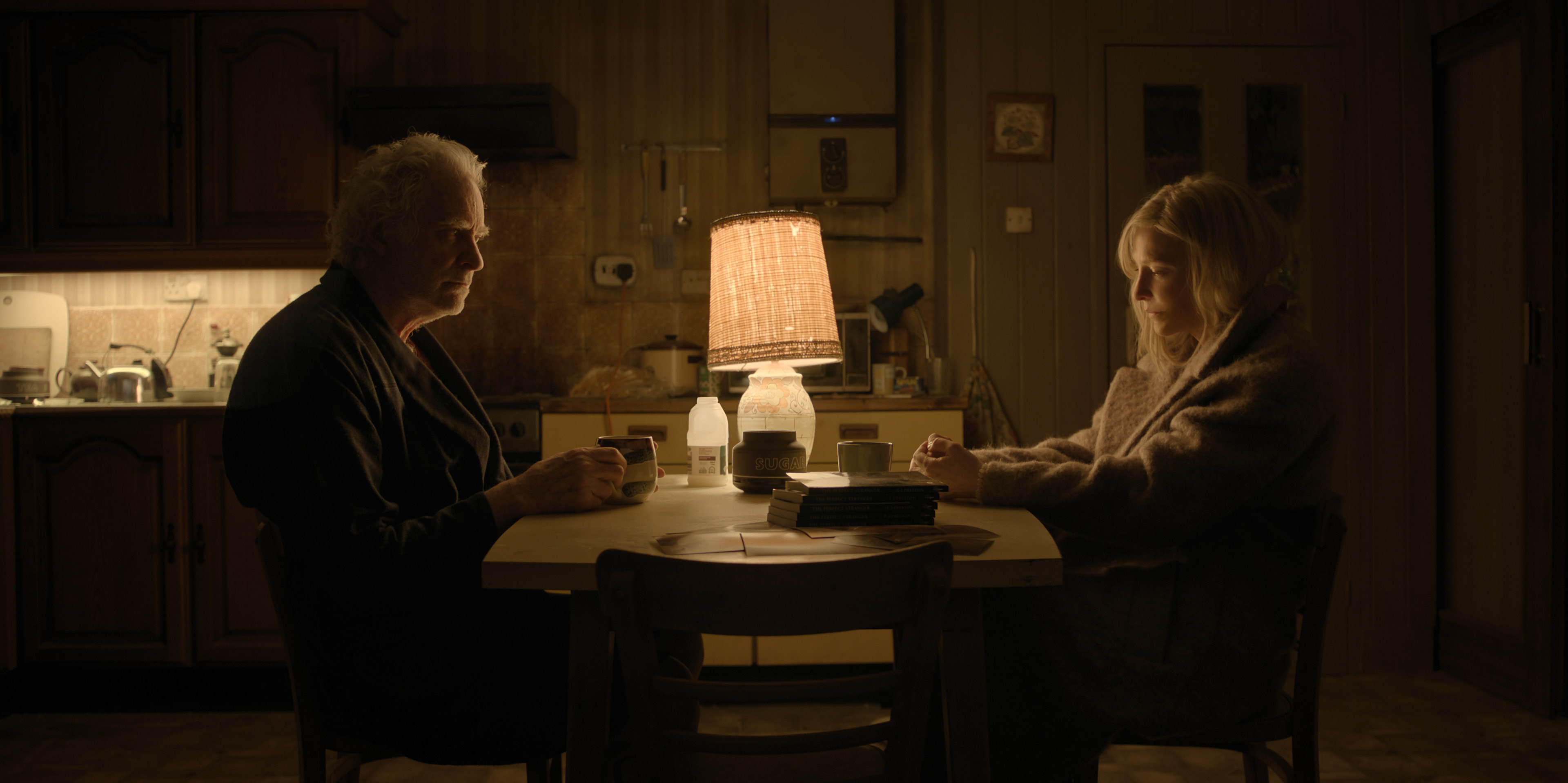
Due to the novel written by his wife, Stephen had one version of the events in his mind. Because his son had died trying to save someone else, it made sense to believe that he had been a good guy throughout the trip. Moreover, years after his passing had added an aura of “Jonathan can do no wrong,” something that Stephen wouldn’t have believed in so strongly if it weren’t for his wife. But then, she always did see Jonathan from a different frame. Even when he was alive and did bad things, she could never accept it. This is why, when Catherine claims that Jonathan raped her, it is not so hard for Stephen to believe, even if it takes him a bit to accept it.
Following his wife’s death, Stephen felt lacking in purpose, and the revenge against Catherine allowed him that. He had something to do, something to look forward to, something to live for. If he could punish Catherine and ruin her life, he could do what his wife had set out and make her proud. But he got so immersed in the idea of avenging his dead son that he lost all objectivity and never tried to figure out what really happened. He didn’t even question his wife’s account, which couldn’t have been entirely true because she was never there when the events happened. How could she know what went on between Catherine and Jonathan? The photos painted a story, but photos can be subjective, and Stephen knew that.
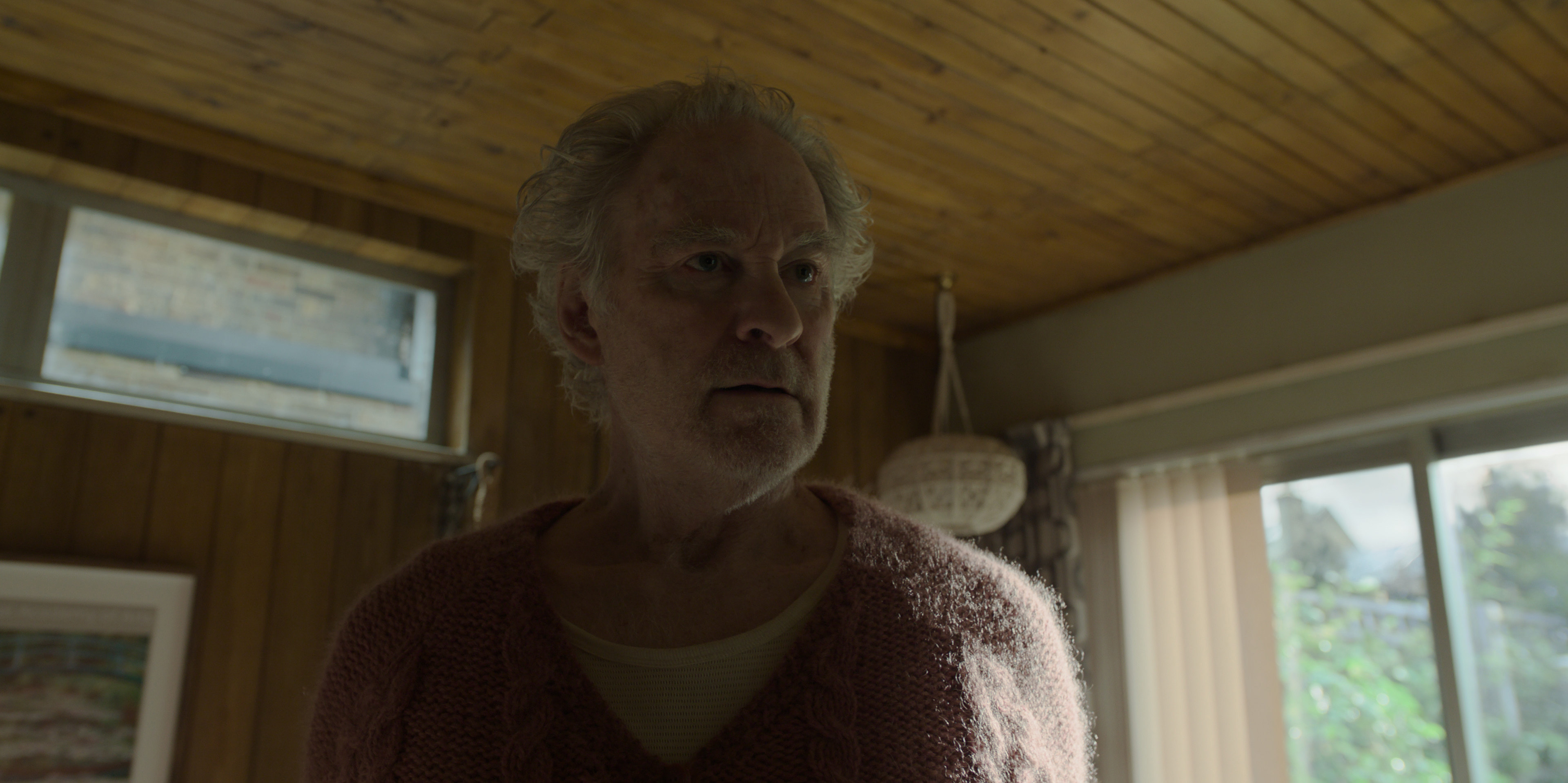
Stephen is stunned when Catherine finishes her story, but that doesn’t deter him yet. He has destroyed Catherine’s career and marriage. Her son is the only thing remaining that she truly cares about and is holding on to. So, he decides to take that away as well. He had tried to kill Nicholas once but failed. However, with Catherine lying unconscious in his kitchen, he has only one more opportunity to do the deed. So, he heads off to the hospital, finds Nicholas, and is about to inject the poison in his veins when the boy, in his sleep, calls out for his mother.
Something breaks inside Stephen as he realizes what he is about to do. It’s as if a veil is finally lifted off his eyes, and he can see his actions in a much clearer light. Sending people a novel and photos is one thing, but to kill someone is another thing entirely. Moreover, how could he claim to be on the good side when he was ready to do worse than what he believes Catherine had done that day on the beach. As reality hits him, he drops the idea of killing Nicholas. Not just this, but he comes clean to Robert, tells him about Jonathan being a rapist, and apologizes to Catherine. At first, Catherine thinks Stephen has killed her son, but then Robert tells her that Nicholas has woken up, so she rushes to his side and cries her eyes out in relief.
Do Robert and Catherine Get Back Together?
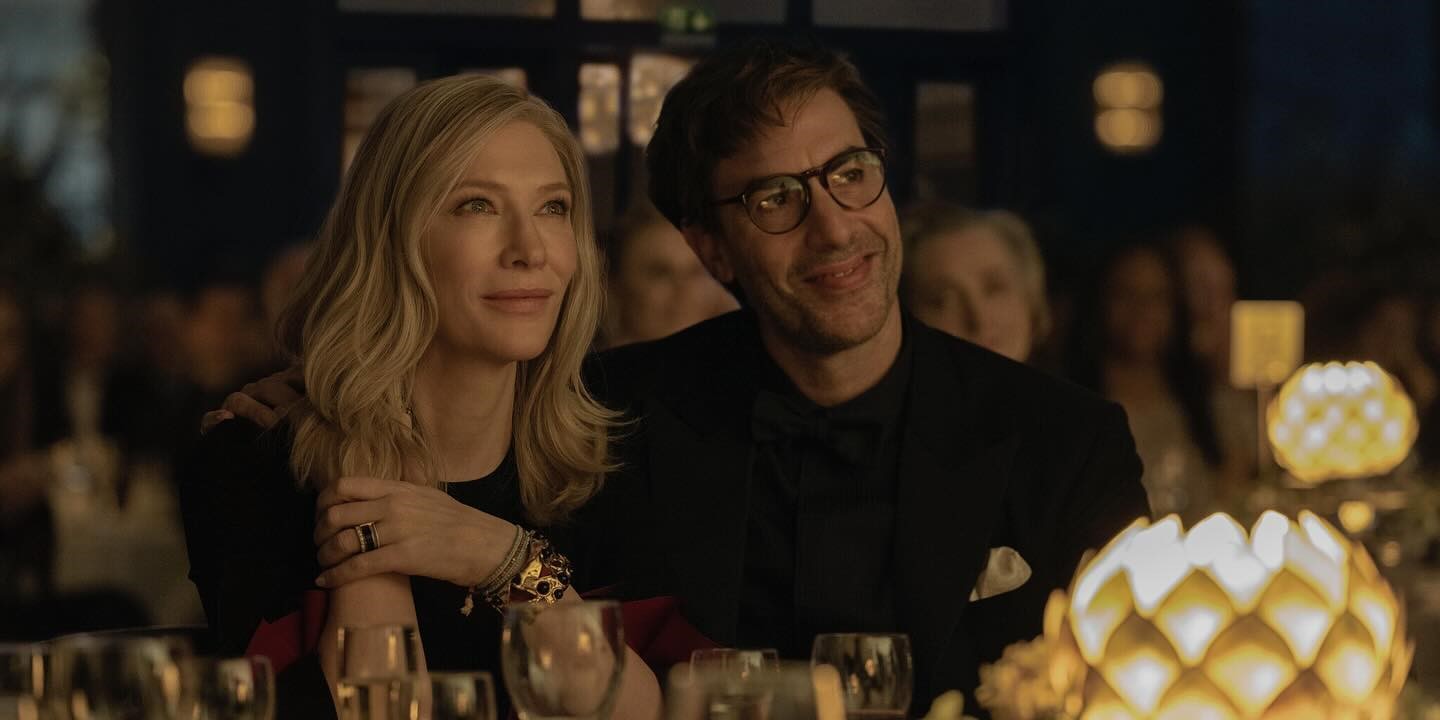
One of the things that Catherine realizes over the course of the events in the show is how easy it is for people to believe one narrative without even trying to find out if there is a different side to things. It is not surprising to see strangers behave this way, but her heart breaks when her own husband doesn’t give her the courtesy to hear her out. When Robert reads the book and sees the nude pictures of his wife, he doesn’t even give her a chance to explain. He doesn’t even question who the writer is and how they know about the affair. Catherine is surprised by the ease with which Robert abandons her completely. But then, when a stranger tells him a different version of the story (even when it’s the truth), he believes it immediately.
Robert gives Stephen Brigstocke a chance to speak out, but he never turns that favor toward his wife of more than two decades. What’s worse is that Robert seems to be relieved by the discovery that his wife hadn’t cheated on him, even if that meant that she had been raped instead. Of course, he apologizes for his actions over the past few days, but by now, Catherine is completely disenchanted with him and even confronts him over his reaction to the two different versions of the story. She tries to forgive him, but she has been through too much to do that so easily. She cannot forget how easily he abandoned her in the time she needed him the most, and now, when she has been absolved in his eyes, he wants her back. Moreover, with everything that has happened, Catherine now wants to focus solely on Nicholas and cannot have Robert and their already ruined marriage on her mind. So, in the end, she decides to stay separated from Robert, and rightfully so.
Why Does Stephen Burn the Photos? What Does the Change of Narration Mean?
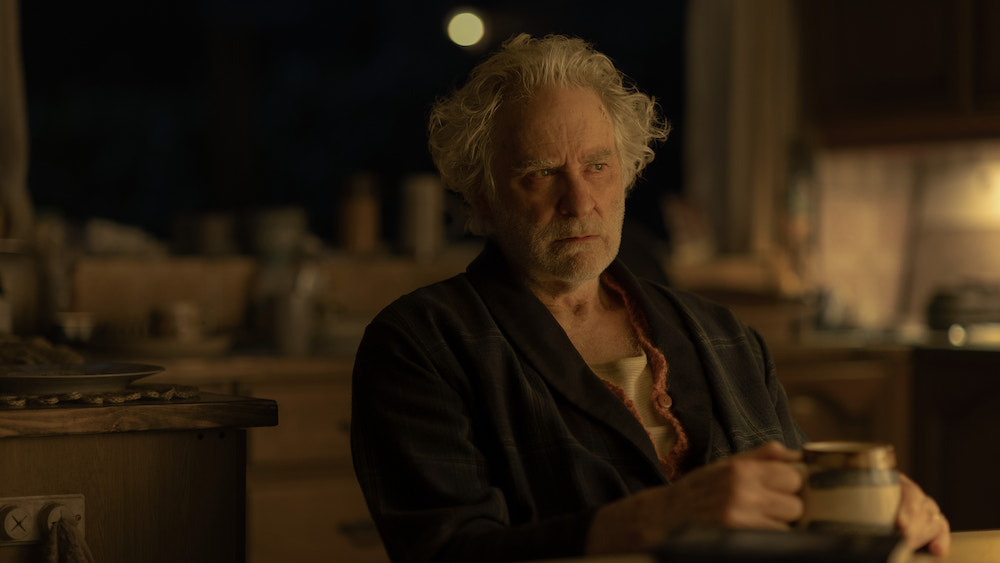
With perspectives playing an important part in the story, ‘Disclaimer’ cleverly uses the narration to nudge us towards the truth. It begins with three different narrators. One is an omniscient third-person narrator who usually focuses on Catherine, her family, and their inner thoughts. Then there is Stephen’s first-person narration that gives us his side of the story. The last is a second-person narrator whose accusatory tone focuses completely on Catherine, making us even more believe in her guilt. However, this variation changes slowly until, in the penultimate episode, Catherine starts to speak in the first-person narrative. This is the first time she has decided to speak up, and her narration marks that change in the story. It also marks the complete removal of the second-person narrator, which does away with the accusatory tone and the judgments it allows us to have for Catherine.
By the end of the final episode, the first and second-person narrations are completely gone, and only the third-person omniscient narrator remains. This means that any scope for subjectivity in the version of events has been removed. We are no longer receiving the story from any biased lens, which is what Stephen’s first-person narration was supposed to do. We see a similar shift in the way the events of the past are presented. There is a marked difference in color palette and tone in the events surrounding Jonathan’s death. Previously, it was sunnier and more holiday-ish, revealing that this is an imagined version of events as Nancy wrote in the novel. But when Catherine tells her story, the colors are a bit grim and fall more in line with the palette of the rest of the objectively natural story, proving that her version is not made-up. It is the reality.
With the entire truth out in the open, the removal of Stephen’s first-person narrative shows that he has accepted the reality of his son’s actions. As the third-person narrator takes over, we discover that Stephen had never seen his son through a biased lens, unlike Nancy, who was too blinded by her love for her son to see his follies. This also hints that Stephen knew of Jonathan’s previous transgressions, which he completely ignored when he tried to fit his son’s image exactly how his wife wanted it to be. He never questioned why Sasha so suddenly came back from her trip to London and why it caused her to be so angry with Jonathan that she didn’t even come out to see his family when she found out he was dead.
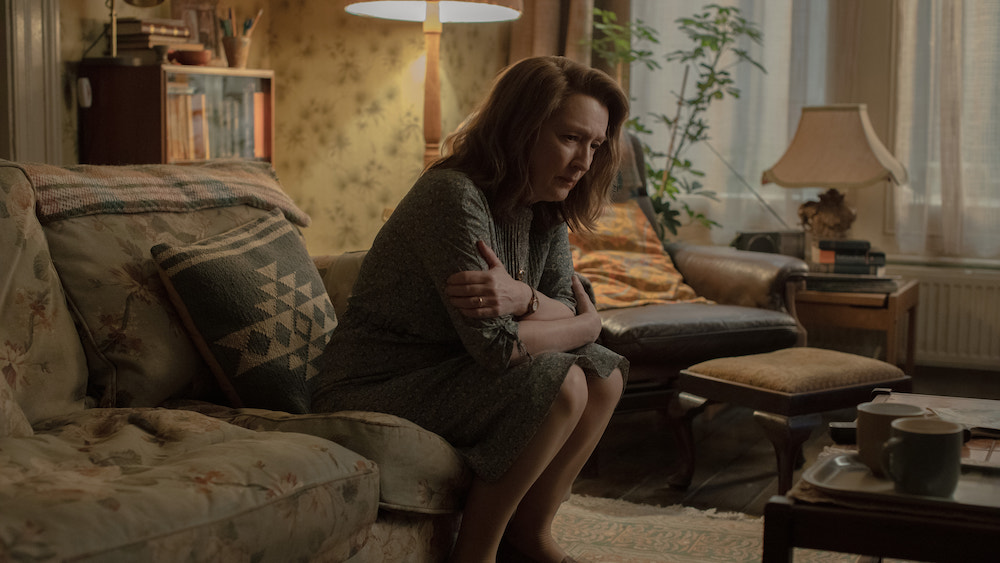
Considering Jonathan’s actions with Catherine, it is fair to assume that Jonathan had done or, at least, tried something similar with Sasha. Because the novel is told from Nancy’s perspective, we don’t really know how far Sasha came with Jonathan on her journey. Her sudden departure is also made up because we know from the flashbacks that Sasha’s mom angrily called Nancy to talk about what Jonathan had done. To Nancy, it would have seemed impossible that her perfect son had done anything that Sasha claimed. Nancy already didn’t like Sasha and even blamed her for making Jonathan smoke, something she knew he wouldn’t have done on his own.
In Nancy’s eyes, Sasha is a bad influence, and her son is a saint. But even when he couldn’t refute it, Stephen knew this wasn’t true. He knew that there was a darkness inside his son, but with him dead and his wife grieving, he found it best to let it all go. At the end of the show, he realizes how much darkness he, too, had inside him and wonders whether this is what he passed on to Jonathan. Despite knowing his son’s true nature, he clung to a perfect version of him and almost killed someone’s son. Jarred by this reflection of self, Stephen destroys the novel and the photos, marking the end of his desire for revenge and accepting that he had been terribly wrong about it all.
Did Nicholas Know What Happened to Catherine?
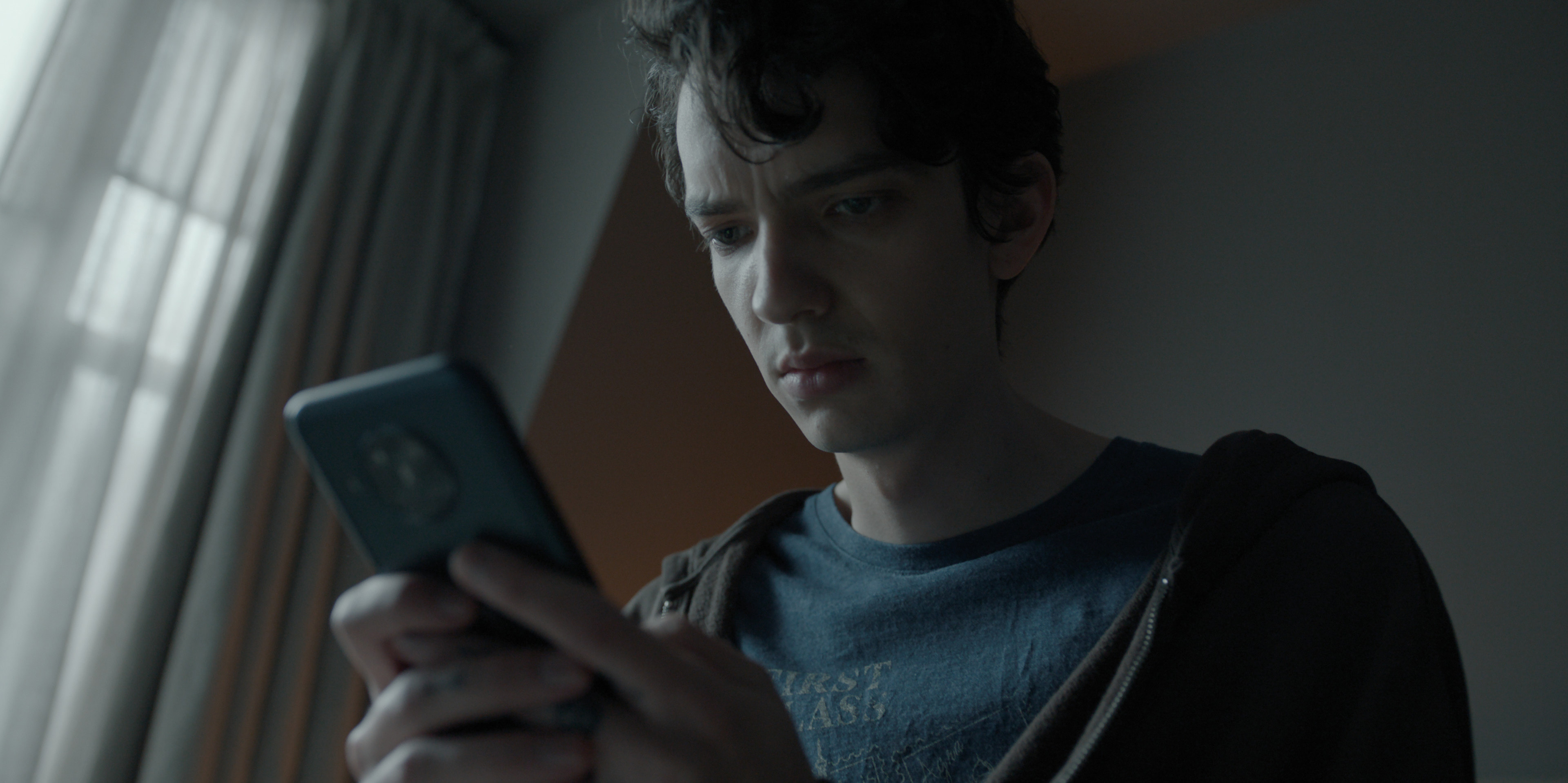
When Stephen burns the photos, he finds one where he sees a little boy in the background. This boy is Nicholas and the photo he is in is the one where his mother is posing for Jonathan. It is a shocking picture and a heart-breaking one because it means that Nicholas had witnessed something on the night his mother was abused and raped by a complete stranger. It would have been difficult for his young mind to process what was happening, and over the years, he eventually forgot about the whole thing. Or so it seems. Considering that Nicholas was only five at the time, it doesn’t seem too unrealistic to believe that events of that night may have slipped from his memory. Still, they did leave a mark on his subconscious, which eventually started to affect his relationship with his mother, especially as he grew older.
Meanwhile, Catherine believed that Nicholas didn’t remember anything about the trip. In her attempt to protect him from the disturbing events, she tries to shield him from the whole thing. When the book comes out, she gets worried that it might trigger something inside him, leading him to remember some stuff. But when she asks, he says he doesn’t remember a thing. In the end, when Nicholas is out of the hospital and is ready to mend his relationship with Catherine, she tells him everything. He is heartbroken to discover the trauma his mother had been through, but even then, he says he doesn’t remember anything. Still, the picture proves that the trauma didn’t escape him. It has been inside his mind all this while and has shaped his personality and decisions in ways that only a deeply rooted trauma can. But now that the truth is out, perhaps he can get help, deal with that stuff, and start his life anew with no more secrets holding back him and Catherine.
Read More: Disclaimer: Is The Perfect Stranger by EJ Preston a Real Book?

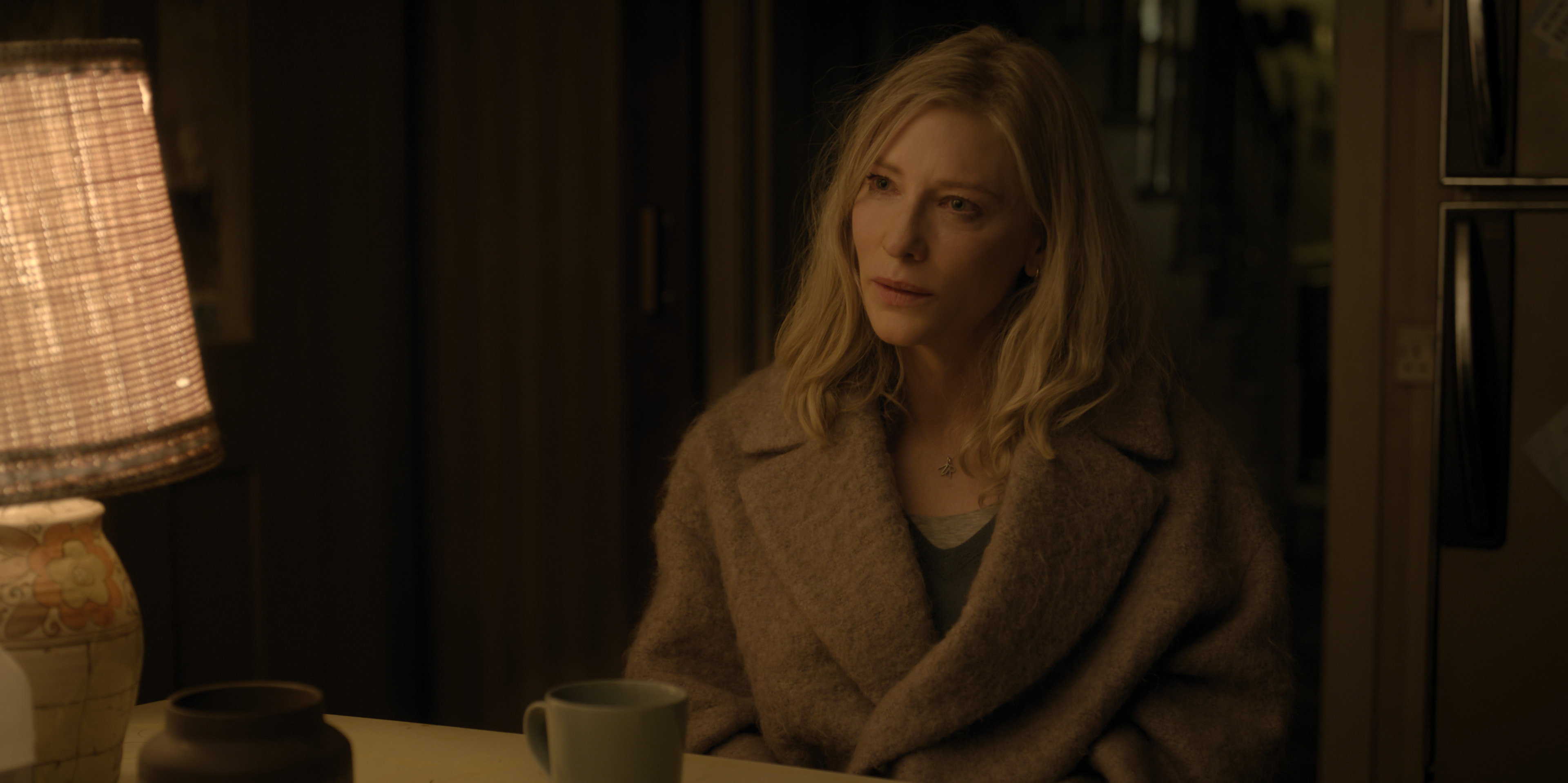
You must be logged in to post a comment.